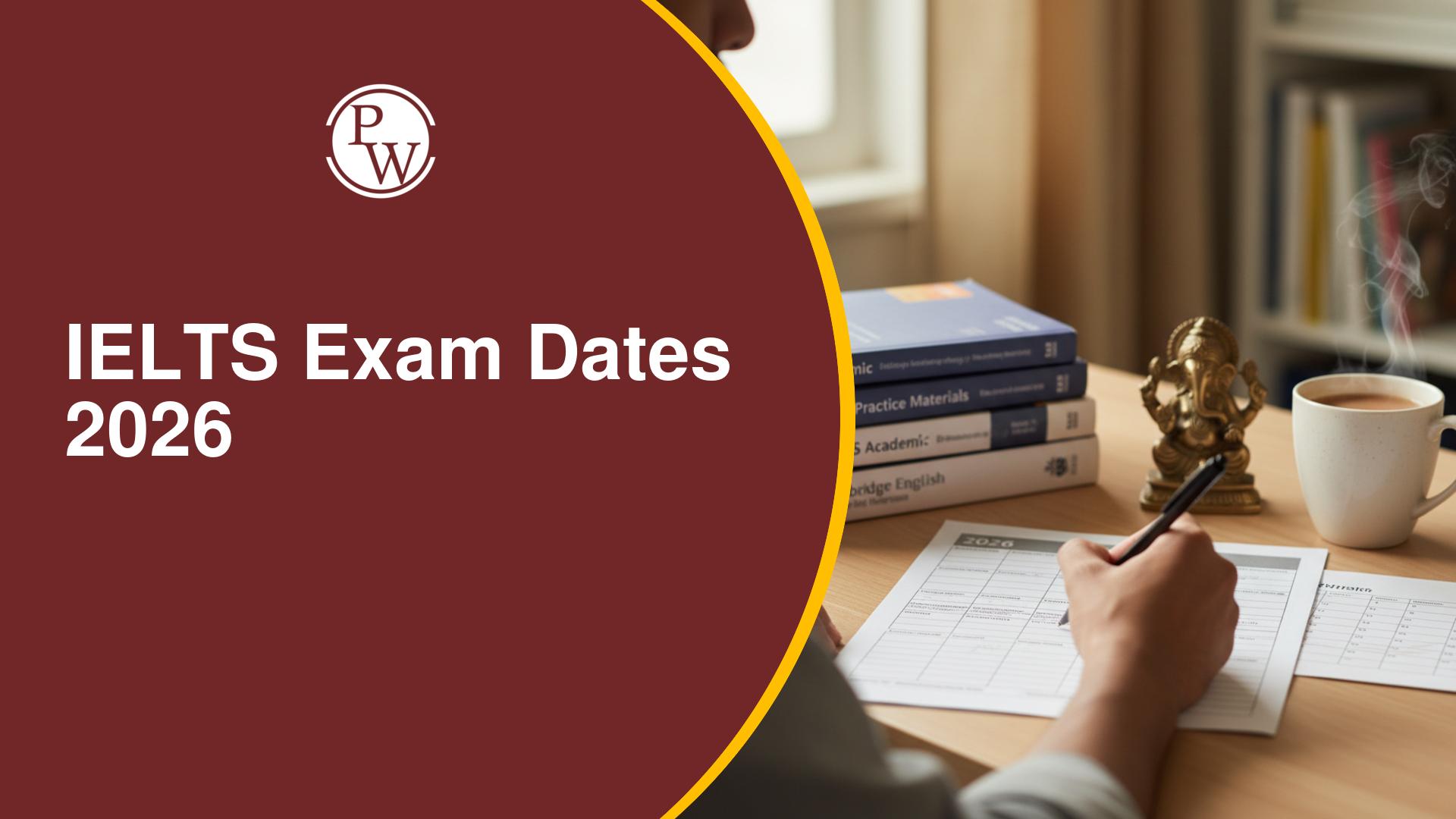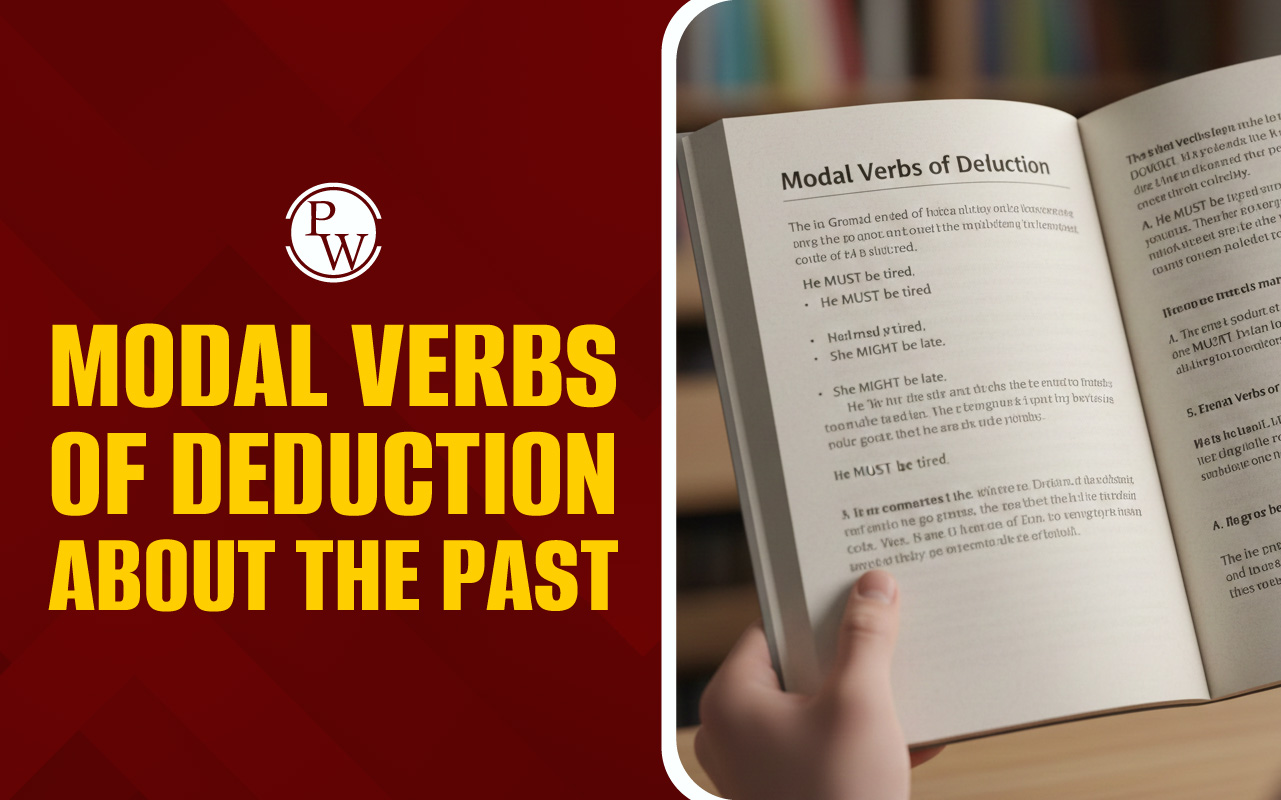
IELTS Academic Syllabus: The IELTS Academic syllabus tests English skills needed for higher education and professional registration. It has four sections: Listening, Reading, Writing, and Speaking. The Listening section has four recordings with 40 questions. The IELTS Academic Reading section has three long texts taken from books, journals, and newspapers. The Writing section has two tasks: describing a graph or chart and writing an essay. The Speaking test is a face-to-face interview with an examiner. It has three parts: an introduction, a short speech, and a discussion. The IELTS test checks grammar, vocabulary, fluency, and understanding.
Explore IELTS Online Courses
IELTS Academic Syllabus
Listening Section
The IELTS Academic Listening section tests your ability to understand spoken English. It has four recordings with different accents, such as British, Australian, and Canadian. Each recording has 10 questions, making a total of 40 questions.
-
Duration: 30 minutes plus 10 minutes to transfer answers to the answer sheet
-
Sections: 4 (2 conversations, 2 monologues)
-
Total Questions: 40
-
Question Types: Multiple choice, matching, form completion, sentence completion, map labeling
-
Accents Used: British, Australian, American, Canadian, and others
The recordings are only played once, so you need to pay close attention. The difficulty increases with each section. In the first two parts, the topics are more general. The last two are more focused on academic subjects.
Tips for Preparation:
-
Listen to English audio daily (podcasts, news, YouTube)
-
Practice listening to different accents
-
Take notes while listening to improve accuracy
-
Use official IELTS practice materials for realistic practice
Reading Section
The Reading section checks how well you understand written English. You will be given three long passages and asked to answer 40 questions. These passages are taken from books, magazines, newspapers, and journals.
-
Duration: 60 minutes
-
Sections: 3
-
Total Questions: 40
-
Question Types: Multiple choice, matching headings, sentence completion, True/False/Not Given, Yes/No/Not Given
The texts are academic in nature but written for a general audience. They may include graphs or illustrations. The questions test your ability to find specific details, understand the main idea, identify opinions, and more.
Tips for Preparation:
-
Practice reading academic articles and journals
-
Work on your speed reading and comprehension skills
-
Learn to identify the writer’s opinion or argument
-
Take timed practice tests to build speed and accuracy
Writing Section
The Writing section of the IELTS Academic test has two tasks. It checks your ability to organize your thoughts and write clearly using proper grammar and vocabulary.
-
Duration: 60 minutes
-
Tasks: 2 (Task 1 and Task 2)
-
Word Limit: Task 1 – at least 150 words; Task 2 – at least 250 words
-
Scoring: Task 1 counts for 33%, Task 2 for 67%
Task 1: You will be given a visual (chart, graph, table, or diagram) and asked to summarize or explain the data in your own words. This task tests your ability to describe trends, compare data, or explain a process.
Task 2: You will be asked to write an essay in response to a question or argument. You need to present your opinion, provide reasons, and support your argument with examples.
Skills Tested:
-
Task achievement
-
Coherence and cohesion
-
Lexical resource (vocabulary)
-
Grammatical range and accuracy
Tips for Preparation:
-
Practice summarizing charts and graphs
-
Read sample essays to understand structure
-
Use linking words and clear paragraphs
-
Avoid common grammar errors
Speaking Section
The Speaking section tests your spoken English skills. It is a face-to-face interview with an examiner and is divided into three parts.
-
Duration: 11–14 minutes
-
Parts: 3 (Introduction, Long Turn, Discussion)
Part 1: Introduction and Interview (4–5 minutes)
The examiner will ask questions about familiar topics like home, hobbies, work, or studies.
Part 2: Long Turn (3–4 minutes)
You will get a task card with a topic. You will have one minute to prepare and then speak for 1–2 minutes.
Part 3: Discussion (4–5 minutes)
This part is a discussion with the examiner on ideas related to the topic from Part 2. The questions are more abstract.
Scoring Criteria:
-
Fluency and coherence
-
Vocabulary (lexical resource)
-
Grammar accuracy and variety
-
Pronunciation
Tips for Preparation:
-
Speak English regularly with friends or family
-
Record yourself to find and fix mistakes
-
Practice speaking about common IELTS topics
-
Focus on clear and natural pronunciation
The IELTS Academic Syllabus covers all the skills you need to succeed in an English-speaking academic setting. Each part of the test evaluates a different area of English: listening, reading, writing, and speaking. By understanding what to expect in each section, you can plan your study routine better.
How Much Time is Required for IELTS Preparation?
Guidance of PW IELTS
Physics Wallah offers multiple online IELTS courses for all students. Follow the IELTS pages to better prepare for the exam.
| What is IELTS Exam? | Documents Required for IELTS Registration |
| IELTS exam eligibility requirements | IELTS Exam Fees |
| IELTS test results | IELTS Exam Pattern |
IELTS Academic Syllabus FAQs
What is the syllabus of Academic IELTS?
Is IELTS Academic difficult?
Is 6.5 IELTS Academic easy?
How many attempts for IELTS?







